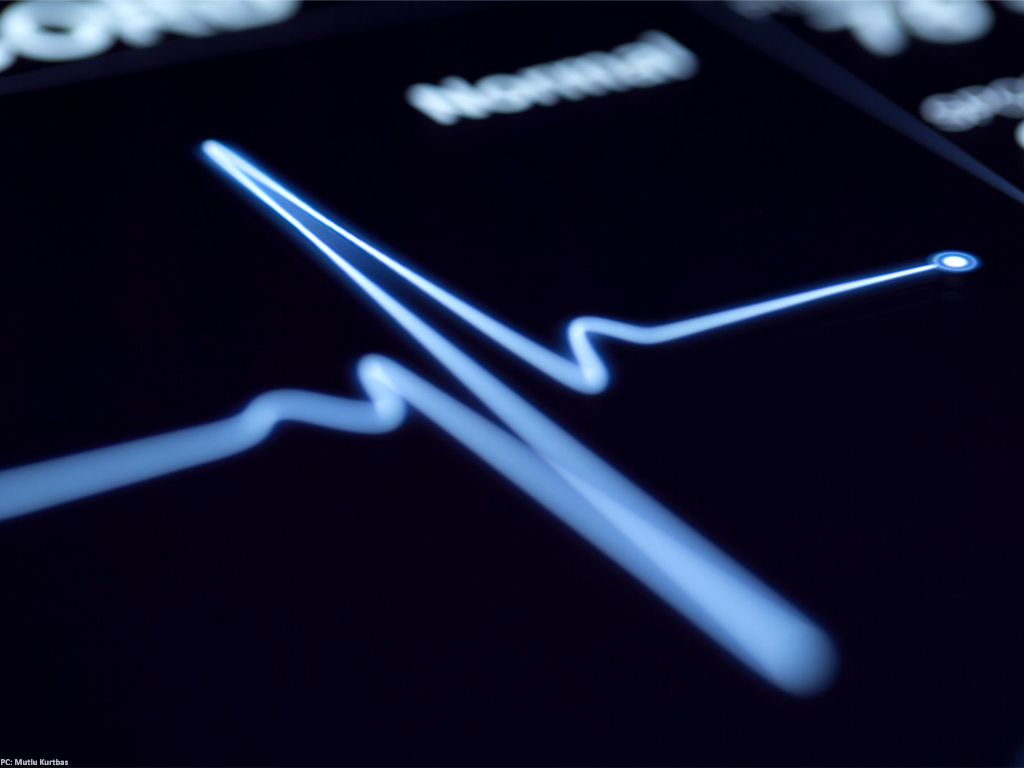Artificial Intelligence outshines doctors at predicting heart disease deaths

On more than one occasion artificial intelligence (AI) has proved itself to be better than humans. In a similar situation, AI has once again outperformed doctors in predicting death risks by heart diseases.
A new model developed using AI at the Francis Crick Institute shows that it is better at predicting risk of death in patients with heart diseases as compared to the models designed by medical experts.
“It won’t be long before doctors are routinely using these sorts of tools in the clinic to make better diagnoses and prognoses, which can help them decide the best ways to care for their patients,” said lead author Andrew Steele of the study published in PLOS One.
According to Science Daily, the model was designed with the help of electronic heath data of more than 80,000 patients, gathered as part of routine care and available for researchers. The team wanted to see if they can develop a model for coronary artery disease that beats experts via self-taught machine learning techniques.
In order to test the model, an expert-constructed prognostic model for coronary artery disease was compared against the predictions based on 27 variables chosen by doctors, like age, gender and chest pains. In comparison, the Crick team got their AI algorithms to train themselves, search for patterns and pick the most relevant variables from a set of 600.
The results showed that apart from outperforming the expert-designed model at predicting deaths, the new AI model also identified new variables that the experts hadn’t thought of.
“Along with factors like age and whether or not a patient smoked, our models pulled out a home visit from their GP as a good predictor of patient mortality,” expressed Steele. “Home visits are not something a cardiologist might say is important in the biology of heart disease, but perhaps a good indication that the patient is too unwell to make it to the doctor themselves, and a useful variable to help the model make accurate predictions.”
The scientists believe that a similar model can also be implemented in the clinic in near future. “Machine learning is hugely powerful tool in medicine and has the ability to revolutionize how we deliver care to patients over the next few years.”
